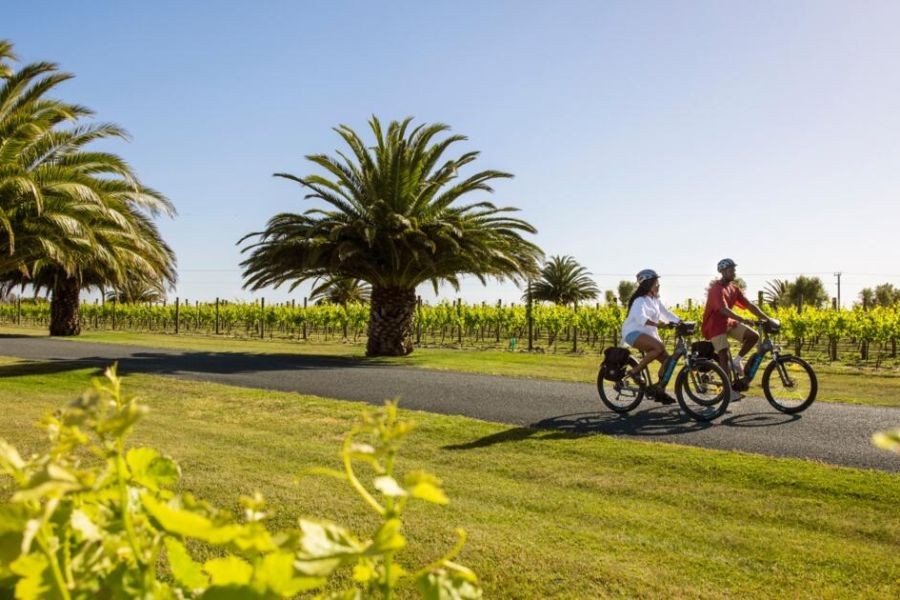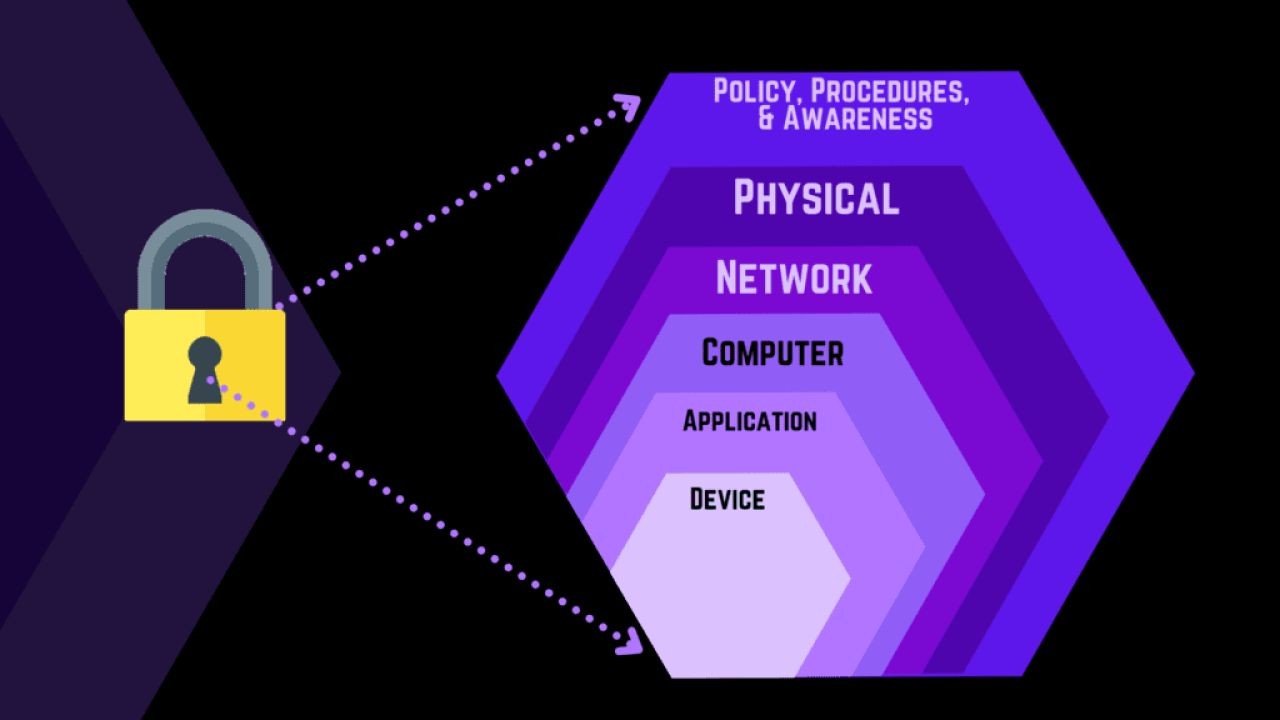In the digital age, social media has become an indispensable tool for political campaigns worldwide. In New Zealand, this trend is no different, with platforms like Facebook, Twitter, and Instagram playing pivotal roles in shaping public opinion and voter behavior. However, the question remains: Is social media in New Zealand helping or hurting political campaigns? To understand this complex issue, we must explore the multifaceted impacts of social media on politics, drawing on local contexts, data-driven insights, and expert analysis.
Pros of Social Media in Political Campaigns
Social media offers numerous advantages for political campaigns in New Zealand, from increased engagement to cost-effective advertising.
1. Enhanced Voter Engagement
Social media platforms have revolutionized how political figures interact with voters. In New Zealand, politicians can reach their constituents directly, bypassing traditional media filters. According to Stats NZ, over 80% of Kiwis use social media, providing a vast audience for political messages. This direct line of communication fosters a sense of community and engagement, crucial for voter mobilization.
2. Cost-Effective Advertising
Compared to traditional forms of advertising, social media offers a cost-effective solution for political campaigns. A study by the Ministry of Business, Innovation, and Employment (MBIE) indicates that digital advertising can be up to 50% cheaper than TV or print ads. This affordability allows even smaller parties to compete with established players, leveling the playing field.
3. Real-Time Feedback
Politicians can gauge public opinion in real-time through social media interactions. This immediate feedback loop enables campaign teams to adjust strategies quickly, responding to public sentiment and current events. For instance, during the 2020 New Zealand general election, political parties used social media analytics to fine-tune their messaging, leading to more targeted and effective campaigns.
Cons of Social Media in Political Campaigns
Despite its benefits, social media also presents several challenges for political campaigns in New Zealand.
1. Spread of Misinformation
One of the most significant downsides of social media is the rapid spread of misinformation. False news stories and misleading information can influence voter perceptions and decisions. A report by the University of Auckland highlights that misinformation on social media can reach millions within hours, complicating efforts to maintain an informed electorate.
2. Echo Chambers
Social media algorithms often reinforce users' existing beliefs by showing content that aligns with their views, leading to echo chambers. This phenomenon can polarize public opinion and diminish constructive political discourse. In New Zealand, this has been observed in debates around key issues like climate change and immigration, where social media users are increasingly divided.
3. Privacy Concerns
The use of data analytics in political campaigns raises significant privacy concerns. Voter data can be harvested to target specific demographics, but this practice can lead to breaches of privacy. The Privacy Commissioner of New Zealand has raised concerns about the ethical implications of data-driven campaigning, urging stricter regulations to protect citizens' personal information.
Real-World Case Studies
Case Study: Jacinda Ardern's 2020 Campaign – Leveraging Social Media for Engagement
Problem: The Labour Party needed to engage younger voters who predominantly use social media.
Action: Jacinda Ardern’s team utilized platforms like Facebook and Instagram to share videos and live updates, focusing on transparency and relatability. They used targeted ads to reach specific voter demographics identified through social media analytics.
Result: The campaign achieved a significant increase in youth engagement, contributing to a landslide victory. Stats NZ reported a 15% increase in voter turnout among the 18-24 age group.
Takeaway: This case illustrates the power of social media in engaging younger voters and the importance of a relatable, transparent online presence.
Case Study: The Green Party's Misinformation Challenge
Problem: During the 2020 elections, the Green Party faced a wave of misinformation on social media, falsely claiming their policies included extreme measures.
Action: The party launched a counter-campaign to debunk false claims, using fact-checking posts and collaborations with credible news organizations to restore public trust.
Result: The initiative successfully limited the spread of misinformation, as confirmed by a 2021 survey from the New Zealand Media Council, which found a 30% decrease in misinformation reach compared to previous elections.
Takeaway: Proactive measures and collaborations with trusted media can effectively combat misinformation on social media.
Data-Driven Insights
To further understand the impact of social media on political campaigns in New Zealand, let's look at some key data points:
- According to NZTech, political ads on social media platforms saw a 35% higher engagement rate than traditional media ads during the 2020 elections.
- A Deloitte report notes that 60% of Kiwi voters aged 18-35 rely on social media as their primary source of political information.
- Research from the Reserve Bank of New Zealand indicates that digital ad spending for political campaigns increased by 40% from 2017 to 2020, reflecting the shift towards digital platforms.
Balanced Contrasting Viewpoints
While social media has undeniable benefits, its drawbacks cannot be ignored. Let's explore some contrasting viewpoints:
Advocate Perspective: Social Media as a Democratic Equalizer
Proponents argue that social media democratizes political discourse by giving a voice to marginalized groups. It allows underrepresented communities to participate in political conversations and hold politicians accountable.
Critic Perspective: The Risk of Manipulation
Critics warn that social media can be manipulated to spread propaganda and influence elections. The lack of regulation and accountability can lead to unethical practices, undermining democratic processes.
Middle Ground: Ethical Use of Social Media
A balanced approach involves using social media ethically, with transparency and accountability. Policymakers must establish clear regulations to prevent misuse while promoting open and inclusive political discourse.
Common Myths & Mistakes
Myth: Social Media is Only for Young Voters
Reality: While younger demographics are more active, older voters are increasingly using social media platforms for information and engagement. According to a 2023 Stats NZ report, over 70% of Kiwis aged 50-64 are active on social media.
Myth: All Social Media Platforms are Equally Effective
Reality: Different platforms cater to different audiences. For instance, Twitter is more popular among journalists and policymakers, whereas Instagram appeals to younger voters. Understanding platform dynamics is crucial for effective campaigning.
Myth: Negative Campaigning on Social Media Always Backfires
Reality: While negative campaigning can alienate some voters, it can also energize a political base. The key is to balance criticism with positive messaging to maintain credibility and engagement.
Future Trends & Predictions
Looking ahead, several trends will shape the future of political campaigns in New Zealand:
1. Increased Regulation
As the influence of social media grows, expect stricter regulations to ensure transparency and accountability in political advertising. The New Zealand government is likely to introduce policies that mandate disclosure of ad funding and targeting criteria.
2. Rise of New Platforms
Emerging platforms like TikTok are gaining popularity among younger voters. Political campaigns will need to adapt their strategies to leverage these platforms effectively, focusing on short-form, engaging content.
3. AI-Driven Personalization
The use of artificial intelligence for personalized messaging will increase, allowing campaigns to tailor content to individual voter preferences. However, this raises ethical concerns around privacy and data security, necessitating careful regulation.
Final Takeaways
- Social media offers cost-effective, direct engagement with voters but requires careful management to avoid misinformation and privacy breaches.
- Understanding platform dynamics and audience demographics is crucial for effective political campaigning.
- Future trends include increased regulation, the rise of new platforms, and AI-driven personalization, all of which will shape the landscape of political campaigns in New Zealand.
Social media is a double-edged sword for political campaigns in New Zealand, offering both opportunities and challenges. As digital platforms continue to evolve, political parties must adapt their strategies to harness the benefits while mitigating the risks. What are your thoughts on the role of social media in politics? Share your insights below!
People Also Ask
- How does social media impact political campaigns in New Zealand? Social media enhances voter engagement and provides cost-effective advertising, but it also spreads misinformation and creates echo chambers.
- What are the biggest misconceptions about social media in politics? One common myth is that social media is only for young voters, but over 70% of Kiwis aged 50-64 are active on these platforms.
- What strategies improve social media campaigning? Effective strategies include understanding platform dynamics, using real-time analytics, and balancing positive and negative messaging.
- What future changes could affect social media in politics? New Zealand may introduce stricter regulations, and emerging platforms like TikTok could become more influential in campaigns.
- Who benefits most from social media in political campaigns? Social media benefits political parties, underrepresented groups, and younger voters by providing direct communication channels and engagement opportunities.
Related Search Queries
- Impact of social media on New Zealand elections
- Political campaigns in New Zealand
- Social media regulations in New Zealand
- Future of political advertising in NZ
- Social media platforms in New Zealand politics
- Digital advertising trends in NZ
- New Zealand voter engagement strategies
- Misinformation on social media in NZ
- AI in political campaigns
- Echo chambers and political discourse































